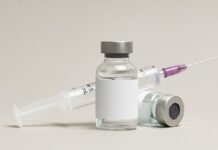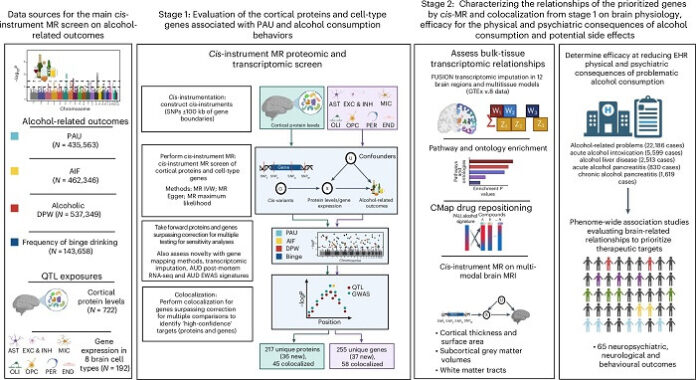A research team from the National Institute on Alcohol Abuse and Alcoholism has made significant progress in identifying the genes and proteins linked to alcohol use disorders (AUD). Their findings, published in Nature Human Behaviour, delve into how genetic differences contribute to varied responses and behaviors related to alcohol consumption.
Previous research and anecdotal evidence have established that people not only exhibit different drinking patterns but also respond differently after consuming alcohol. In this study, the researchers concentrated on problematic drinking behaviors defined as AUD, which can manifest in diverse ways—such as daily drinking, weekend consumption, or binge episodes—and can lead to various emotional outcomes, from happiness to sadness or aggression. The team hypothesized that these differences could be rooted in genetics.
To explore this, the researchers categorized AUD into four main aspects: weekly alcohol consumption, binge drinking, problematic drinking behavior, and frequency of intake. They then examined 6,100 genes linked to brain cells from 192 volunteers of European descent. This analysis was complemented by data on expression traits for 7,400 proteins from 722 volunteers in related studies, as well as summary data from an additional patient study.
Through their analysis, the team identified 217 proteins associated with AUD in the brain’s cortex, including 36 proteins previously unlinked to alcohol abuse. They also pinpointed 255 AUD-related genes connected to specific cell activities, with 37 of these genes newly associated with AUD.
As reported by medicalxpress, the study revealed minimal overlap between the genes and their corresponding proteins across different AUD types, suggesting that distinct genetic factors underlie different drinking behaviors. This discovery underscores the complexity of AUD and highlights that various forms of the disorder are influenced by unique genetic mechanisms.
The researchers advocate for further exploration into the genetics of alcohol consumption and AUD, emphasizing that such studies could pave the way for more effective treatments and strategies to mitigate harmful drinking and its consequences.
























